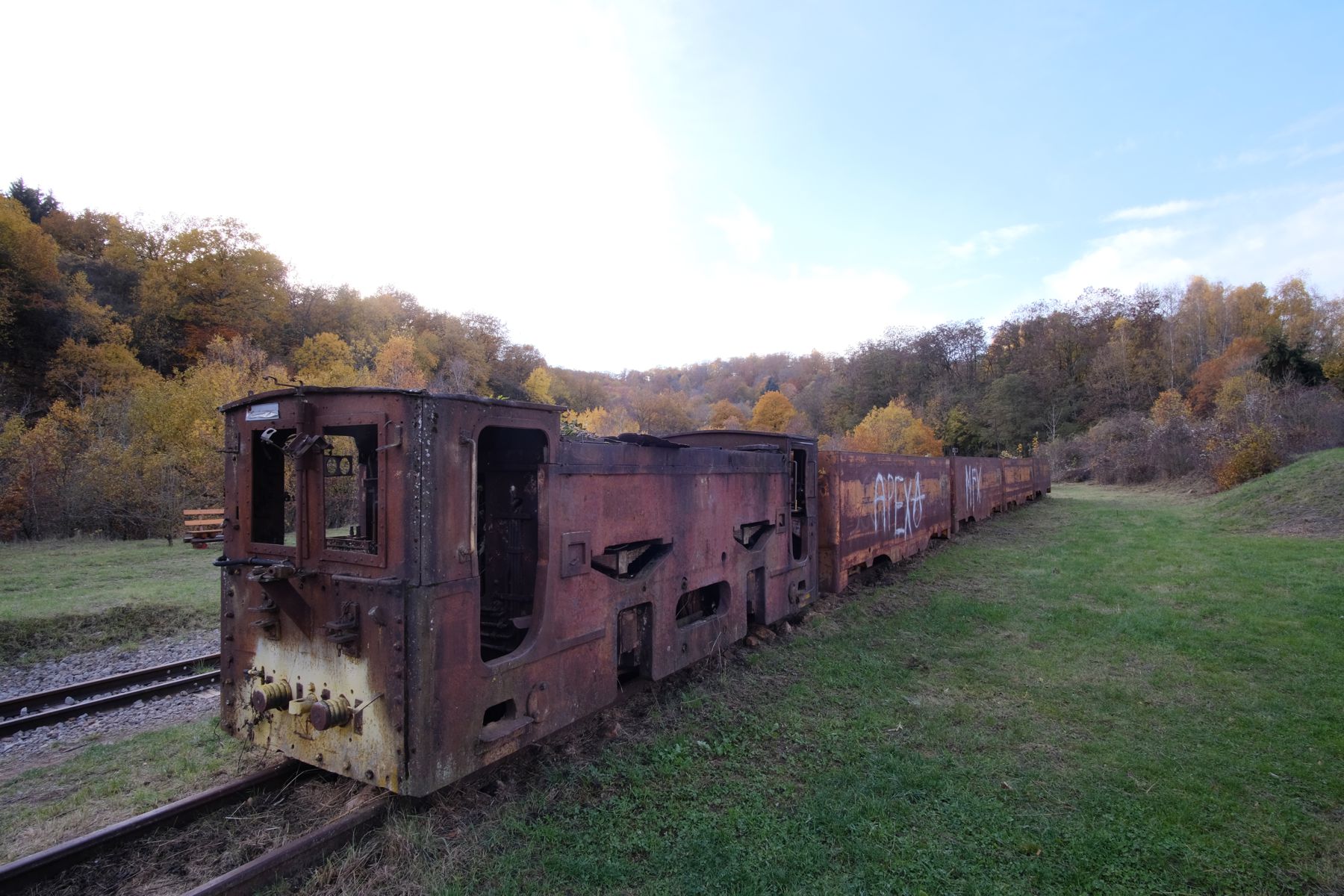
Inspiring Walk Series
Reflections on the Simulation Hypothesis while walking amidst industrial ruins
Rumelange, Luxembourg - November 2018 - Recalled in January 2022 by Jeffrey
Rumelange is a one-time coal town that today boasts a coal museum and a lovely nine kilometre walk among the rusty remains of a once major industry scattered about in the woodlands. It is an oddly inspiring walk, particularly in the autumn as leaves turn colour and fall to the ground. The undemanding walk passes through woodlands and alongside fields. Here and there one passes delapitated old machinery, rusty power poles, abandoned buildings fading into the woods and train tracks sinking into the grass.
For some reason, old technology fading into the woodlands and fields got me to thinking about Simulation Theory and, from time to time, I stopped to make note of my thoughts in my notebook (I always carry a notebook and pen with me).
A Little Background
In a nutshell, the Simulation Hypothesis (also sometimes called "Simulation Theory" or "Simulation Argument") states that we probably exist not in the biological reality that we believe we are in, but rather we exist in a massive, highly complex computer simulation. Simulation Hypothesis says that we are not flesh and blood, but rather computer code so sophisticated that we fully believe we are biological beings. In a way, it is as if life, the universe, everything is a super massive multimedia online game in which the characters are you and me and everyone else. And, of course, we characters can think for ourselves.
The logic behind the Simulation Hypothesis is that it will eventually be possible for us to replicate the human mind in software code. By the time this is possible, advances in computer processing power, memory and storage will be so great that it will possible to create software programs complete with simulated worlds and simulated people with simulated minds. The simulation hypothesis states that, if creating such simulations is possible and relatively inexpensive, than it is probably that our future selves (or other beings) would have created many such simulations. Statistically, if there is only one real world and many simulated worlds (each of which is indistinguishable, to its inhabitants, from reality), it is more likely that we are living in a simulation than in the real world.
Apparently, the possibility that we are living in a simulation has caught the imagination of a number of Silicon Valley's elite, most notably, Elon Musk, who has spoken about it on occasion. It is also rumoured that at least one filthy rich tech entrepreneur has hired a scientist to work out how to break out of the simulation.
It's an intriguing hypothesis, though it is based on a couple of big assumptions, which I will not argue here. Wikipedia has a good summary of the hypothesis and links if you want to know more. You can also read more here. From a purely gut feeling, I don't believe we are living in a simulation, if only because the world we live in is a bit too messy and way too illogical to be a software program. Nevertheless, it's a delightful creative exercise to imagine that we are living in a simulation and to consider the implications of such a scenario.
These are the implications that came to my mind while walking past woods and fields of green littered with the rusty machinery of another age.
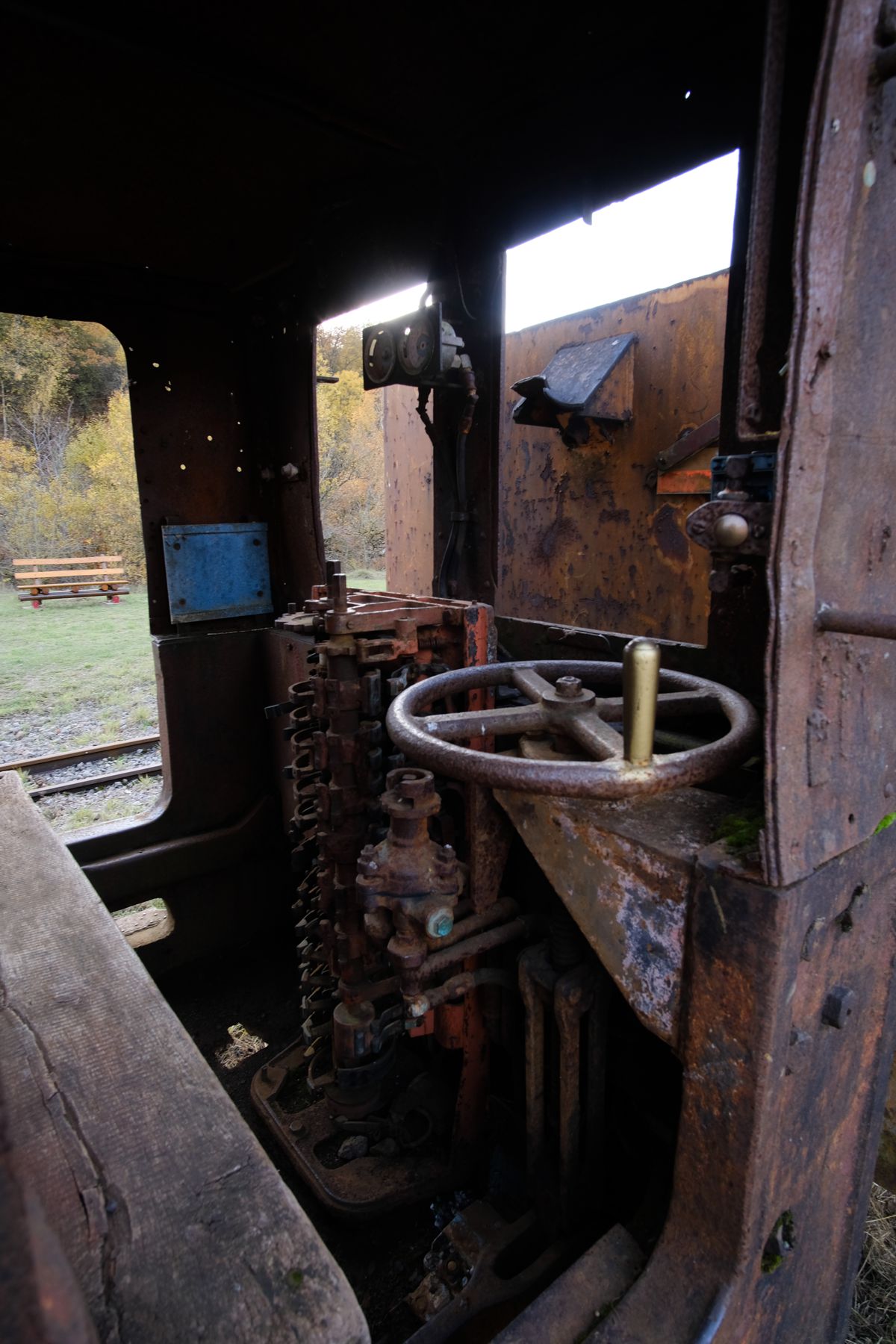
Implications:
1. It ain't The Matrix
When the press writes about the simulation hypothesis, they often cite the film The Matrix to illustrate the hypothesis. However, The Matrix is something a little different. If you have seen the film, you will know that it is about a reality in which the entire human race is plugged into a vast computer and living in a simulation controlled by an evil computer. In other words, there is a direct connection between living people and virtual people. Every living person is plugged into the Matrix and has a corresponding virtual self. Thus, breaking out of The Matrix would imply that those plugged in would become conscious and revert to living in the real world.
However, the Simulation Hypothesis does not suggest that we are all plugged into a Matrix or computer dreaming a single shared reality. Rather, it implies that conscious human minds are programmed in software running on highly sophisticated and hyper-powerful computers. Those minds might have been copied from the creators of the simulation or they might be created in the software itself.
It we are living in such a simulation and somehow manage to break out of it, you and I (as software code in this simulation) would cease to exist. However, copies of us might well continue to exist in other simulations and we would hopefully exist in the real world (in other words, biological beings in the physical universe).
2. You may or may not exist in the real world
As noted above, you may not exist in reality. You may simply be an artificial creation that exists only in a simulation. If the simulation stops, there would be no corresponding you in the real world. You really would cease to exist.
Alternatively, maybe the you in reality has been copied multiple times in this simulation, but each copy of you is a different person in the simulation. Your consciousness may exist as an American engineer, a German politician, a Nigerian teacher, a Japanese baby and a Russian soldier. Each of them different, but each of them based on the software code of you.
Or, let's take this a little further. Perhaps this entire simulation is built upon simulating a single mind − yours − and creating seven billion variants of your mind. In other words, every single person in this simulation could be a variation of you. If it is possible for our future selves to create simulations, this model is also entirely possible.
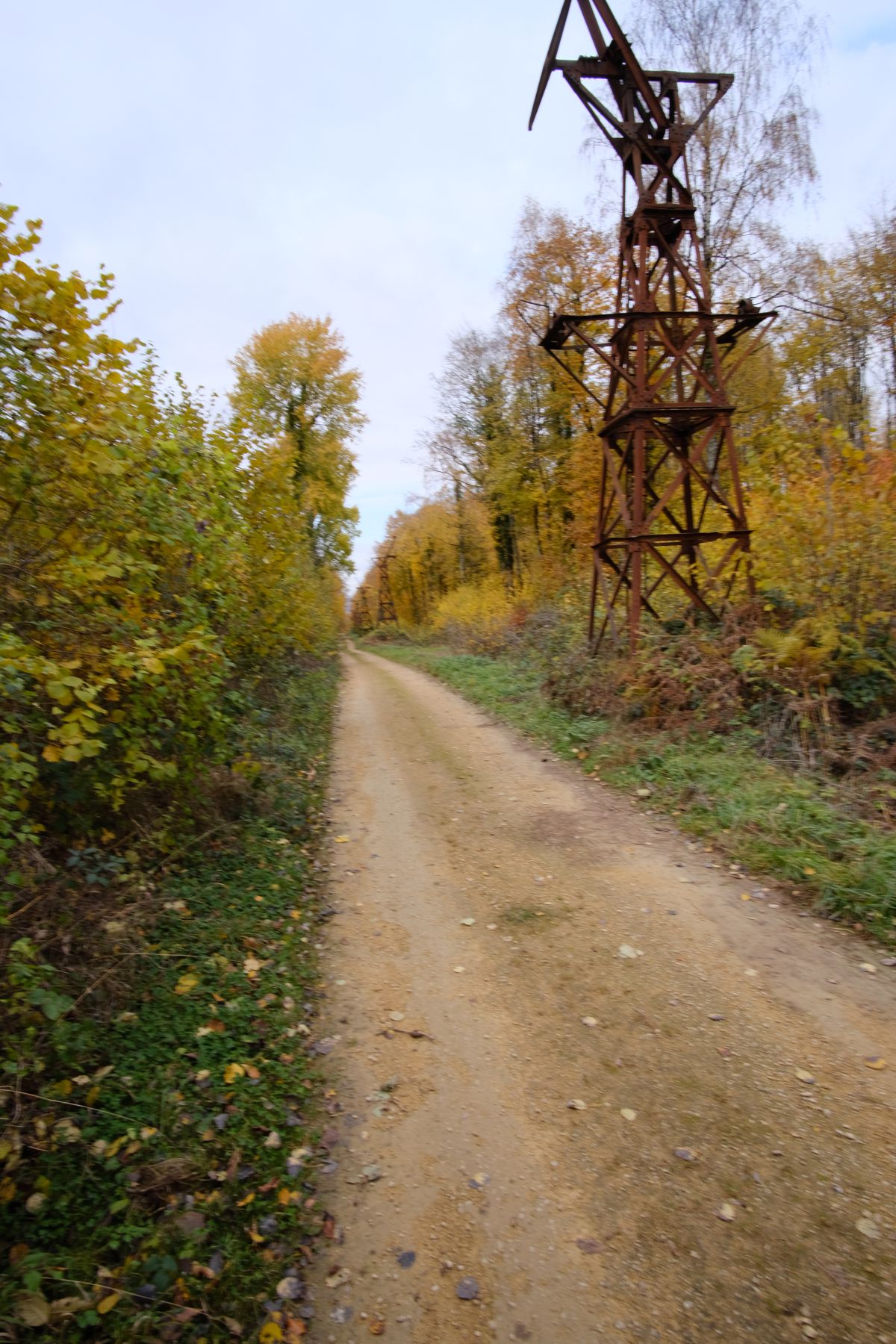
3. A scientist may not be best person to 'break' the simulation
As noted, it is rumoured that at least one Silicon Valley entrepreneur has hired a scientist to find a way to break out of a simulation. If true, I have two problems with this. Firstly, breaking out of the simulation might not be a good thing. It could result in our simulated reality coming to an end which, in turn, might cause you and I and everyone else to disappear.
Secondly, while I have great respect for science, I am not sure a scientist is the right person to be working out how to break out of a simulation. The scientist and science fiction author, Arthur Clarke, is famous for stating, "Any sufficiently advanced technology is indistinguishable from magic." This is true. Imagine a group of people from 200 years ago being given a functioning smartphone. With training and experimentation, they might be able to learn the basics of how to use it, but much of it would be a mystery. A scientist could take it apart and examine in minutely, but she find little more than tiny pieces of metal and a mysterious substance unlike anything she had ever before seen: plastic. But she would never be able to determine how the telephone works because she would be limited to the scientific knowledge of her time. As far as she and others from that time are concerned, a smartphone is magic.
Likewise, if the creators of the simulation represent a similar leap in technological development, even today's cleverest scientists might not be able to grasp the science behind the simulation.
So, if you really want to work out how to break out of the simulation, hire a diverse group of people -- such as an artist, a science fiction author, a philosopher and a magician -- to come up with ways to break out of the simulation. They may not be able to work out the technology behind the simulation, but they might be able to work out the philosophy and purpose of the simulation and that could be a key to breaking out.
4. Purpose
The simulation hypothesis proposes creating simulations is so easy that there are probably many simulations running. Nevertheless, it is likely that every simulation has some kind of purpose. Our simulation could be some kind of study. Perhaps a what-if study. Perhaps in the real world, the Nazis won World War II and this simulation is to study how society might have developed had the Nazis lost.
Perhaps climate change got completely out of hand, the Earth has become largely unlivable and the creators of the simulation are living in miserable conditions, so they create simulations in order to be in a better place. If so, this would be another reason not to want to break out of the simulation. The real world may be far worse than the simulated one.
Perhaps aliens have landed on a burnt out Earth that was destroyed by nuclear war, the sun going nova or a collision with a massive asteroid. Using remains and DNA, the aliens have reconstructed humans in this simulation in order to understand us.
Perhaps some kid was playing around with his mother's computer, created this simulation and then forgot about us.
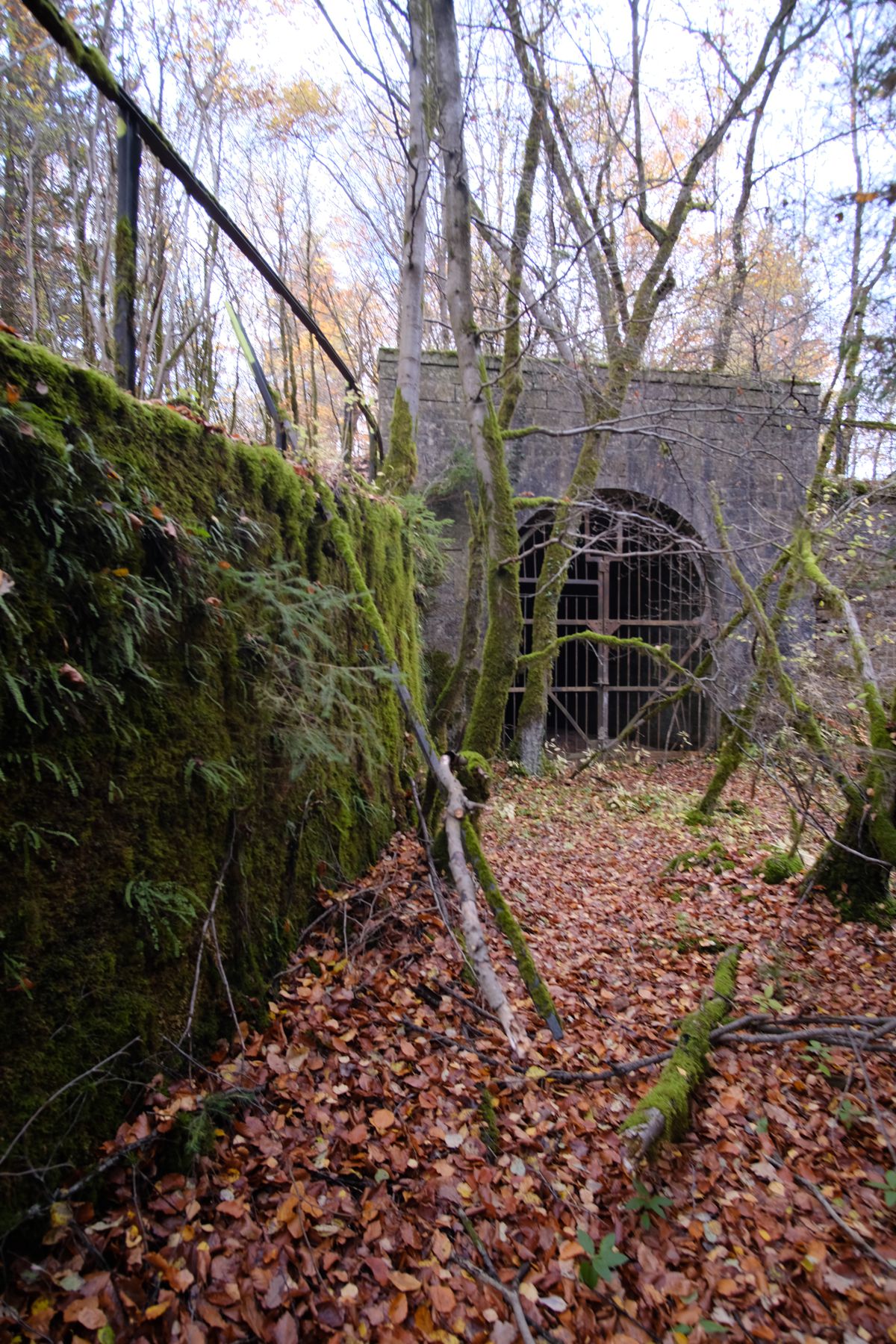
5. We might have been created 10 minutes ago
It is very possible that this simulation was created just 10 minutes ago. However, we were created with memories of our pasts and our world was created with evidence of having existed for billions of years.
Likewise, the simulation might end in 10 minutes and we would never know it. We would just suddenly cease to exist.
6. Maybe you were different yesterday
The closest thing we have to simulations in our world today is probably massive multiplayer online games (MMOG). The people who run MMOGs and their worlds tend to tweak and improve their platforms regularly. It is therefore likely that those who run our simulation do the same thing. They may continuously improve the platform in which we exist. Perhaps you feel love or anger more strongly today than you did yesterday because the coding associated with emotions has been tweaked.
If the purpose of the simulation is a study, it is possible that there have been greater changes on a regular basis. Maybe yesterday, you were starving and living on the streets. Maybe you were the richest person in the world. Today, you are someone completely different. This change might have been made to study how such changes in your circumstances change your personality.
So, why do you not notice the changes? Because your memory has also been changed to correspond with the changes. You may have been a famous artist yesterday. Today you are you − and you have a new set of memories based on who you are today. Tomorrow, you might be modified yet again.
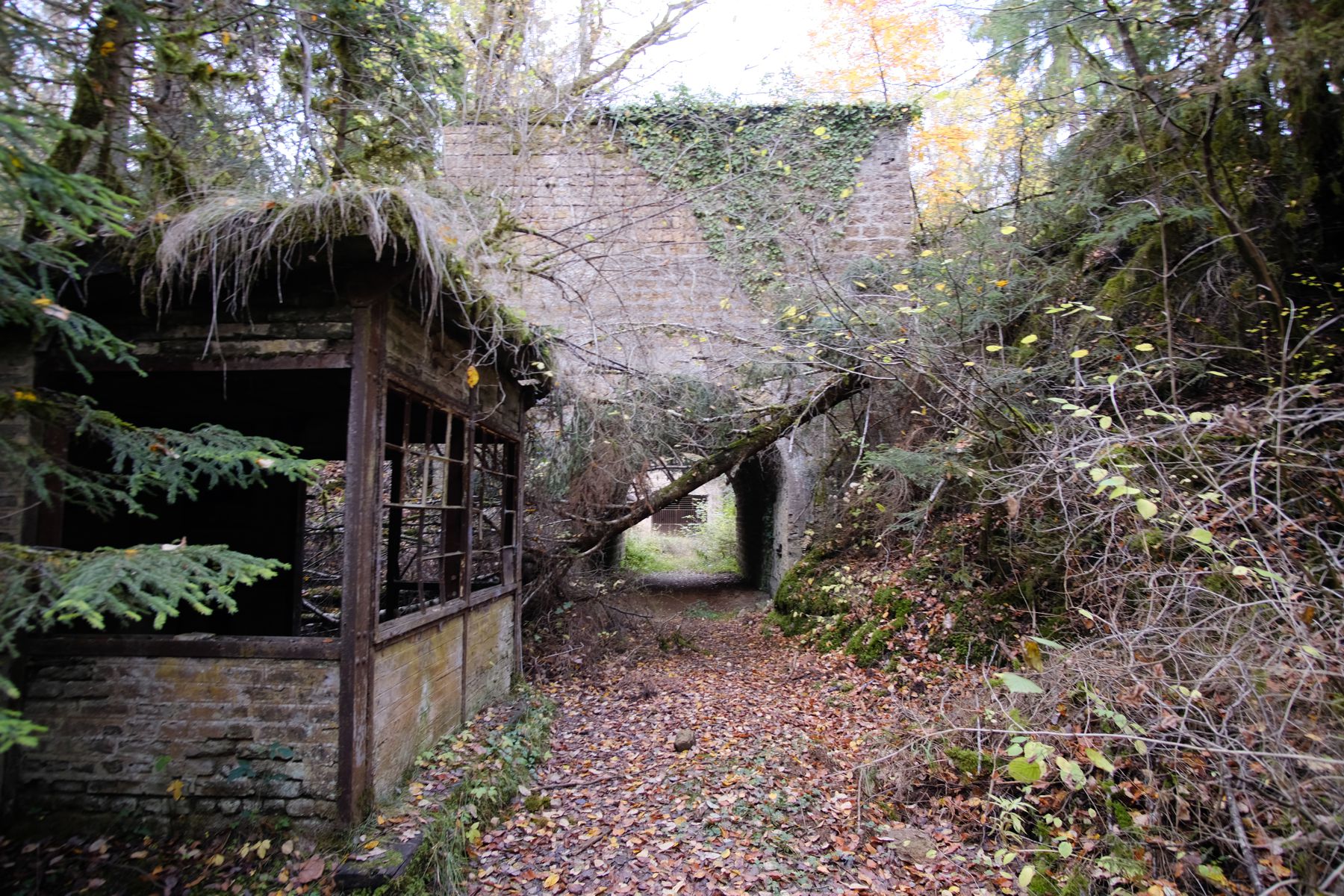
7. Religion
Most religions state that God (or several gods) created us. If we exist in a simulation created by our advanced selves, our advanced selves are effectively our God. But do not worry, if you are a believer. Our real selves are presumably the creation of your God.
8. Maybe not human
The beings who created this simulation might not be humans. They might be something else entirely. Perhaps in the real world, intelligence evolved in the cat family rather than the primate family. One day, a cat-being student decided to run a simulation to study what the world would be like if intelligence arose in the primate family. The cat beings might even find the results humorous. Our life style might be a complete joke to them.
Alternatively, perhaps beings so radically different from us, we cannot imagine them, created the simulation as an experiment of some kind.
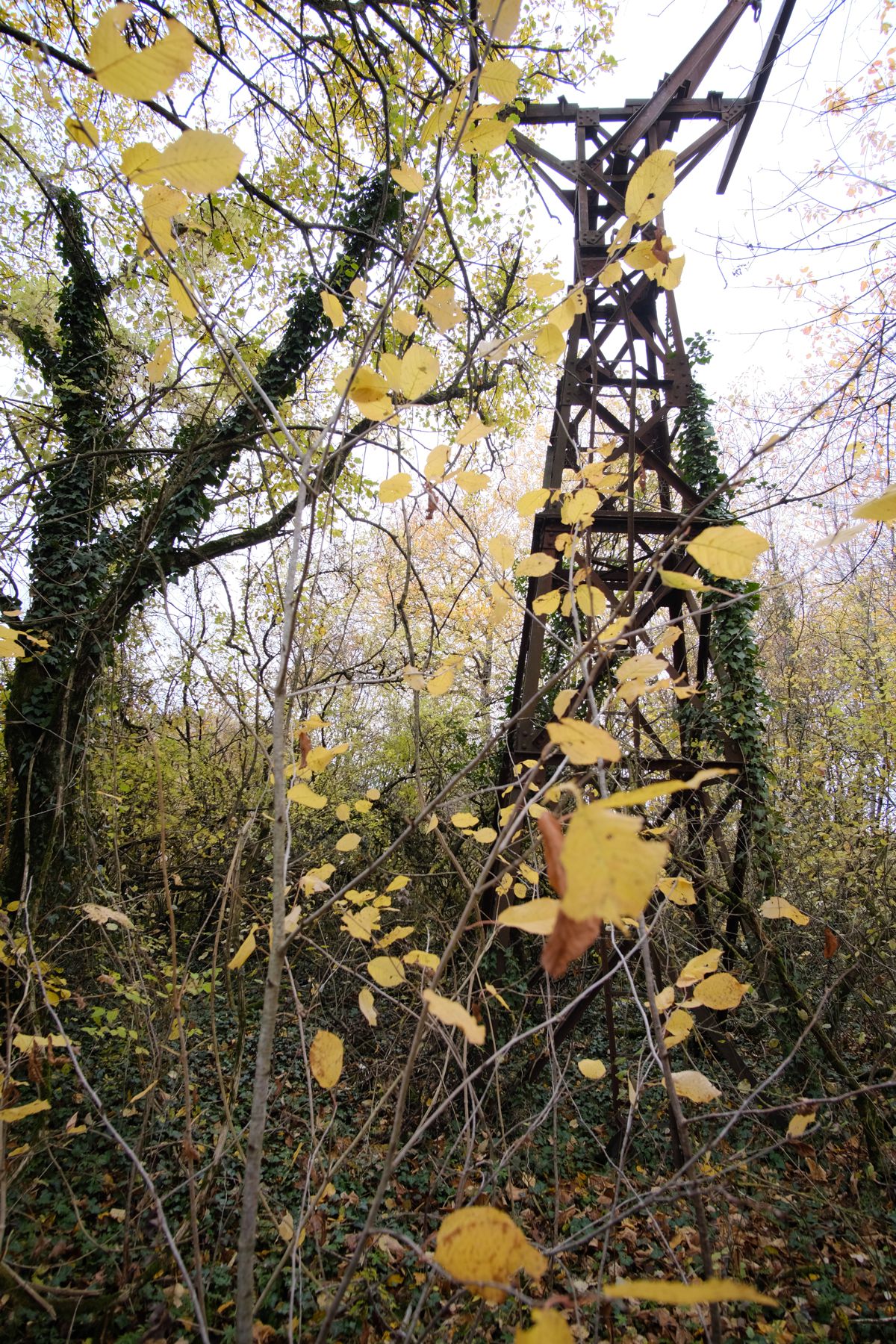
9. Nested simulations
Or, perhaps our simulation was created by beings in a more advanced simulation and, once we become advanced enough, we will create simulations. Stretch this concept, and one can imagine a near infinite series of nested simulations, each created by a more advanced simulation. Perhaps the series is infinite. Perhaps biological beings have never existed except in simulations in a universe that is pure information rather than physical planets, stars, galaxies and everything else we believe comprises the universe.
10. If no one sees it, it doesn't exist
Engineers tend to strive for efficiency. And there would probably not be much point in maintaining parts of the simulation devoid of people. Close your wardrobe door and maybe the inside of it disappears. Open it and it reappears. Stand in front of the bathroom mirror and look at yourself. Turn your back to the mirror and it might disappear along with your reflection.
Ride a boat across the ocean and it is possible that beneath the ocean surface is nothing. What is the point of simulating it if no one is there to see it? But dive into the ocean and the simulation recreates it.
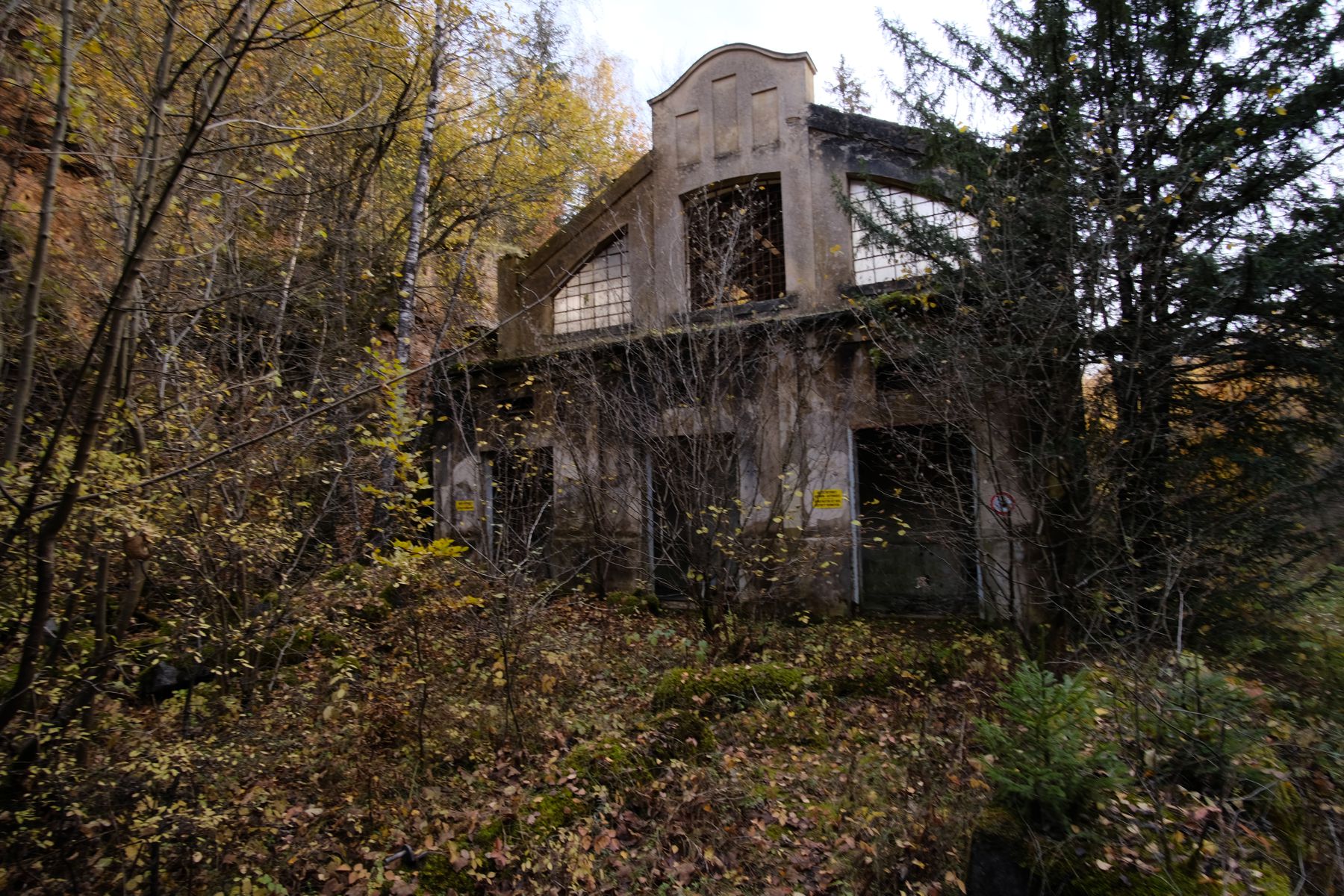
11. The truth does not matter
In most respects, whether or not we are in a simulation does not much matter. If we are in a simulation, it is so effective it is indistinguishable from the real world. As a result, it is our real world and we should make the best of it.
Note
These implications were first published in my newsletter Report 103 and archived on creativejeffrey.com.
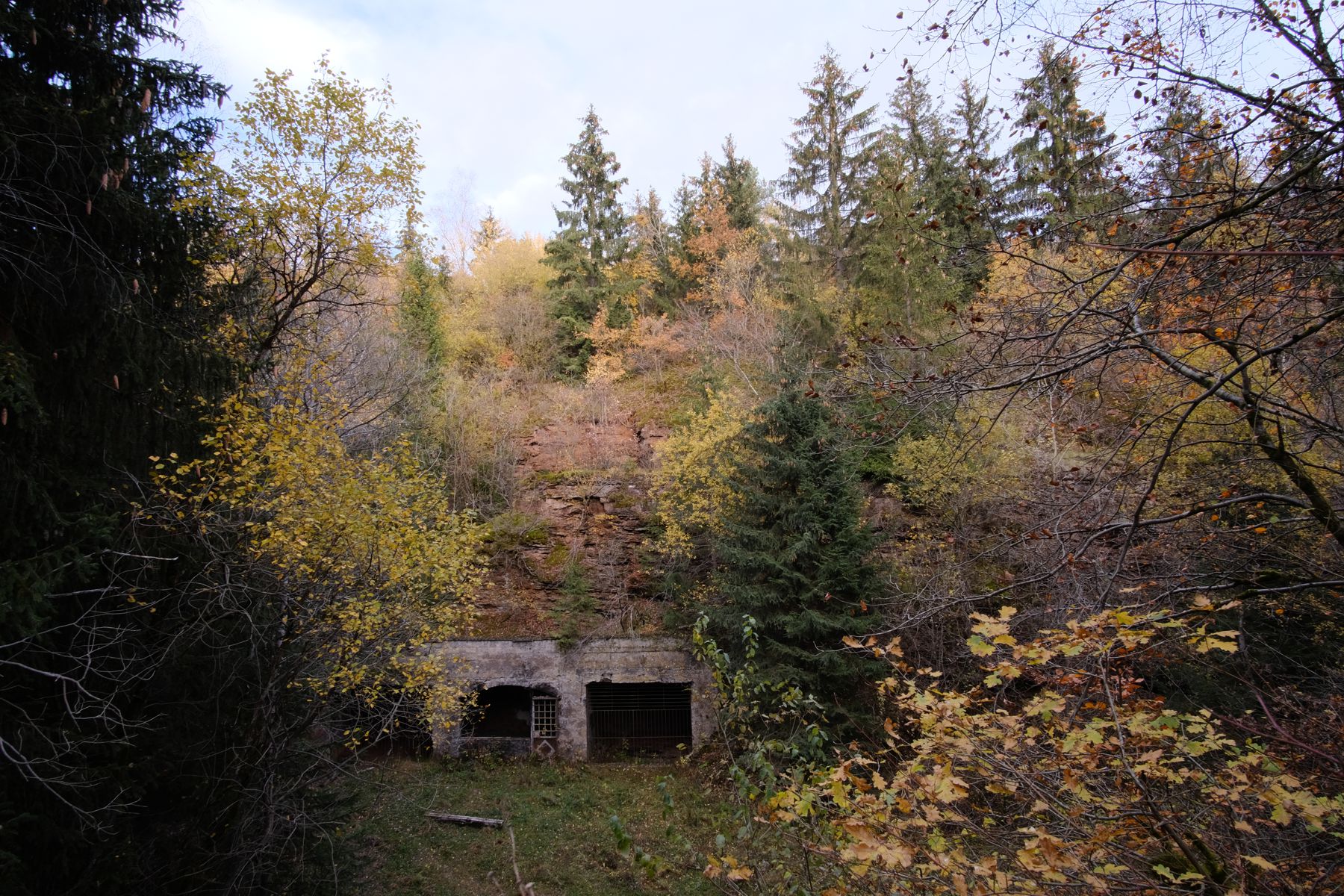
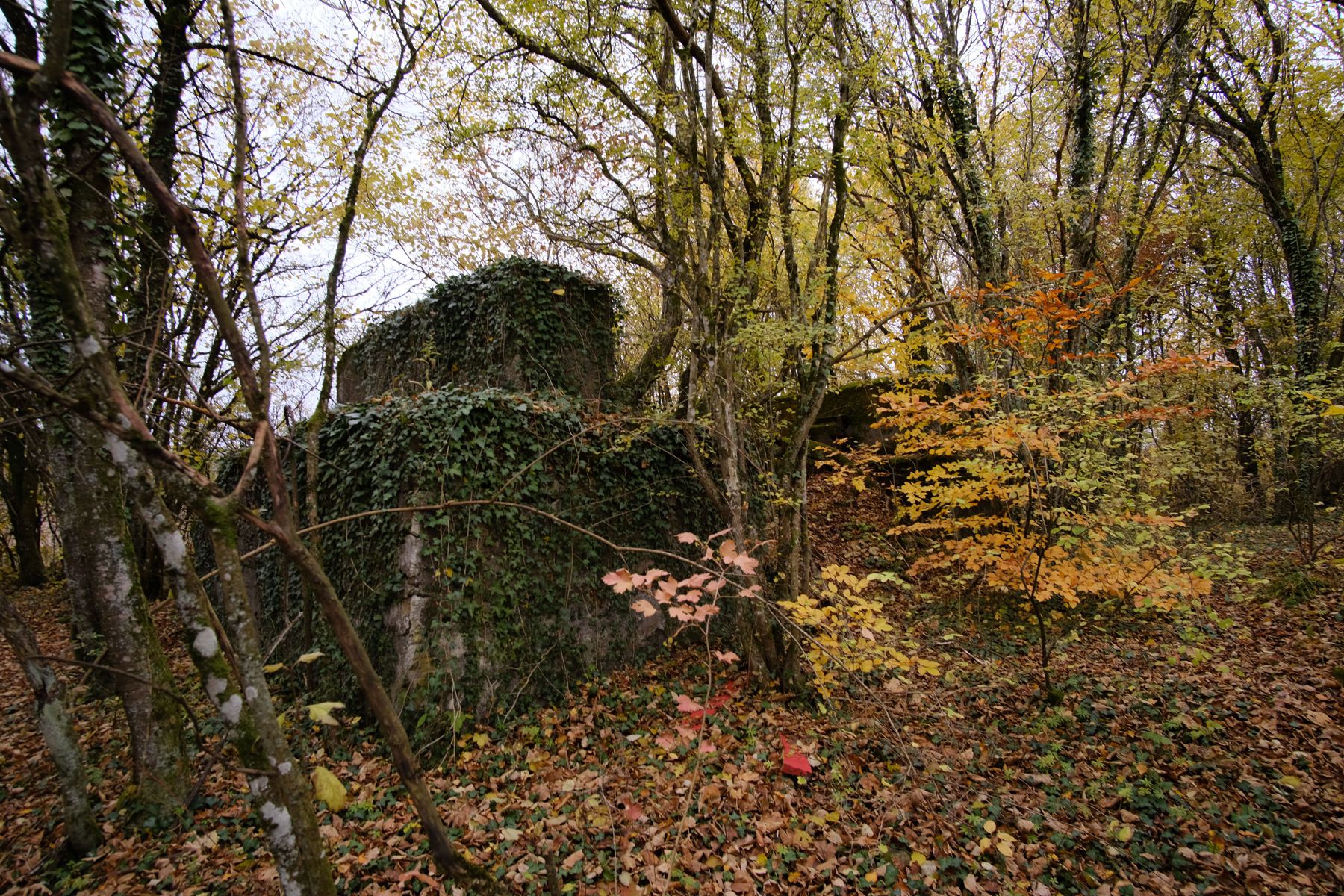
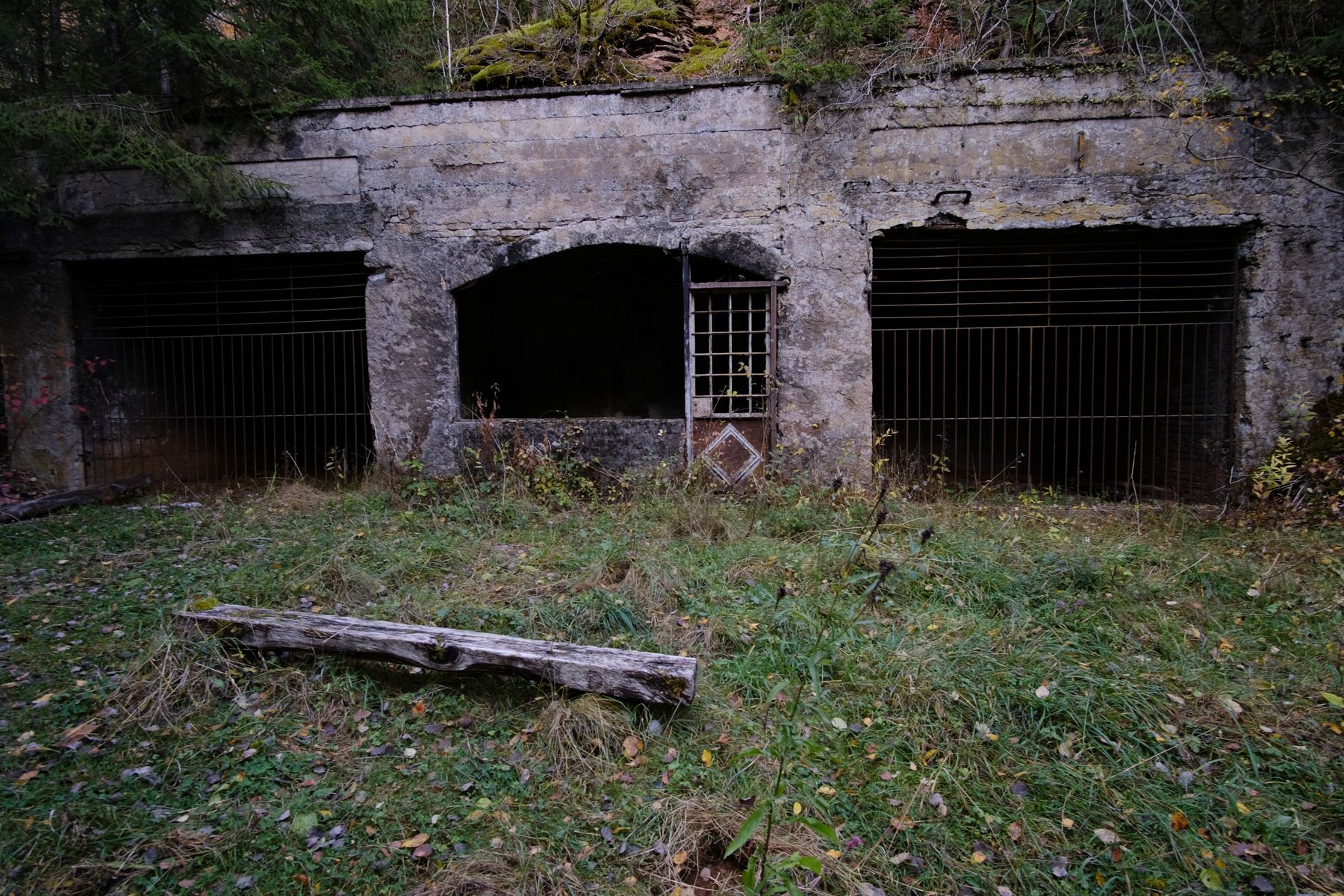
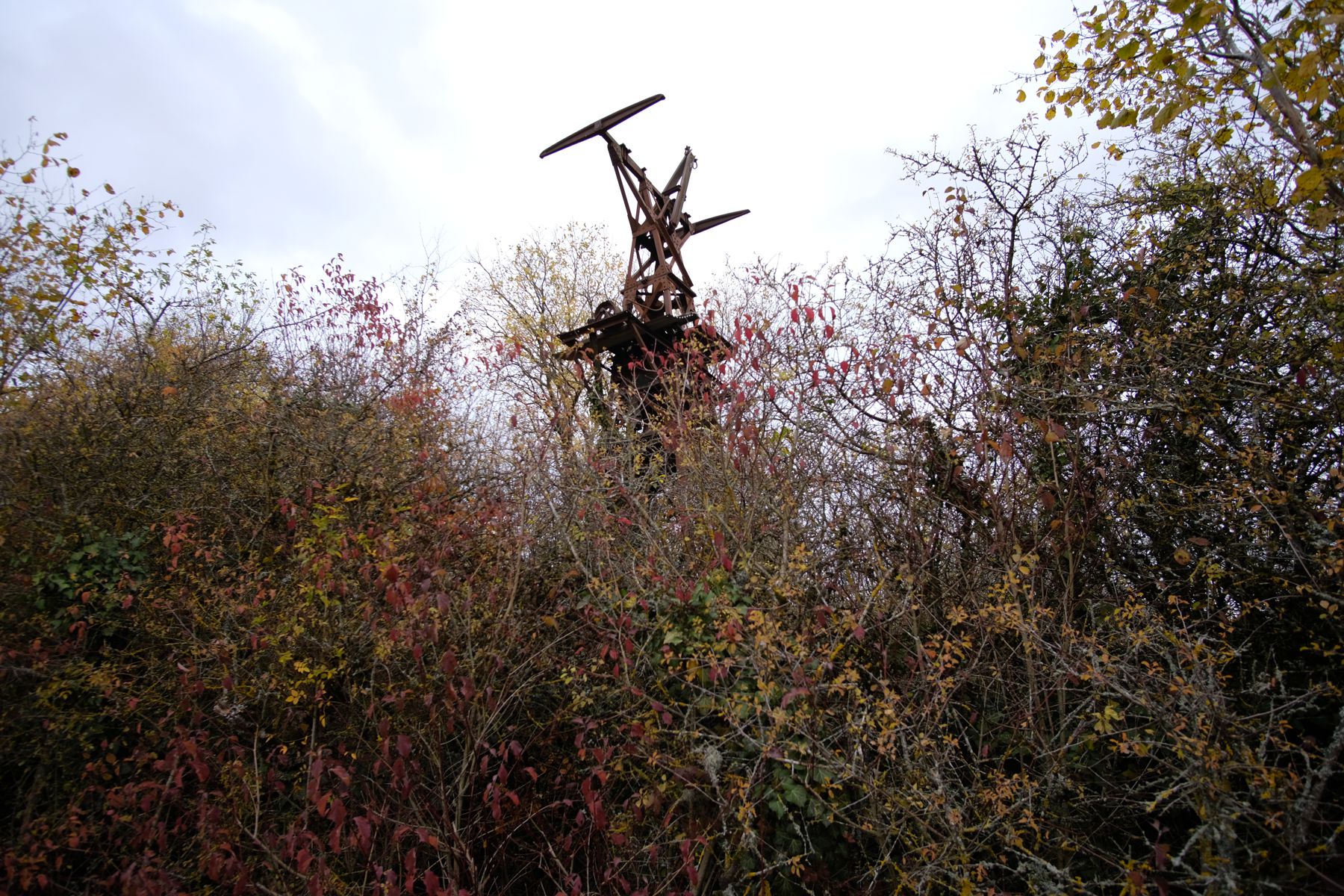
* * *
Share your feedback, thoughts and/or questions
* * *
If you enjoyed this story, please share it. I would love for more people to discover our blog.
* * *
* * *
Our latest Stories
The Queues of Paris (April 2023)
A recent visit to Paris involved standing in long queues and battling crowds. Fortunately, I have an idea about reducing crowds at tourist sites. Read it here.
Revisiting Portugal (March 2023)
Ira and I take a road trip to my one time home: Portugal.
Portuguese Memories (September 1985)
On a road trip through Portugal with Ira, I am reminded of my life in Lisbon in the mid 1980s
Fleeing to Cyprus (January 2023)
I decided to visit Cyprus off-season to do some hiking and wandering in ruins. It was a delightful trip.
The Answer Lies Just Around the corner (November 2022)
All my life, I've felt that the answer, some profound purpose in life, has laid just round the corner. Although I have experienced a lot in life, I am still looking for that corner.
All stories
Index of all the stories on this blog.




